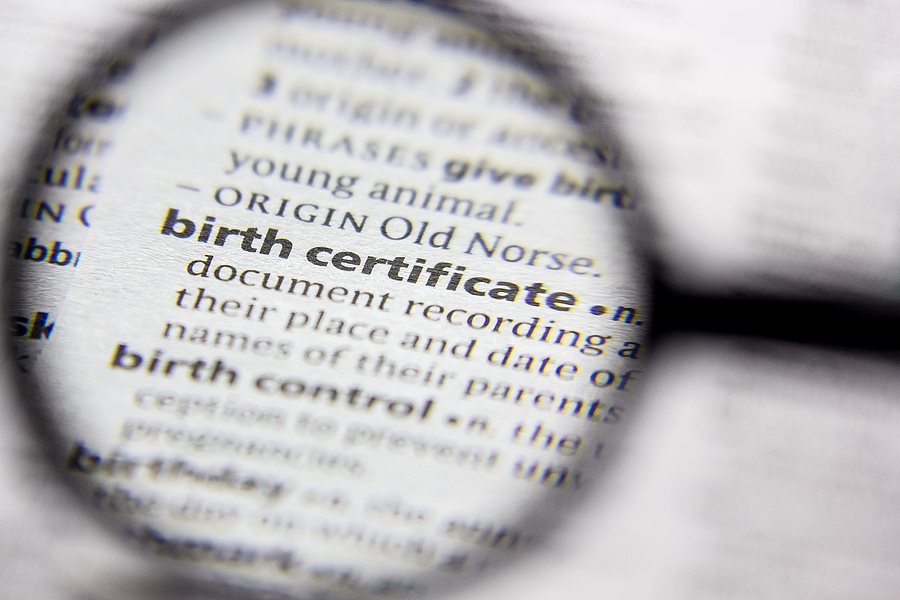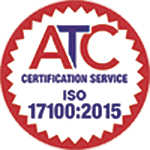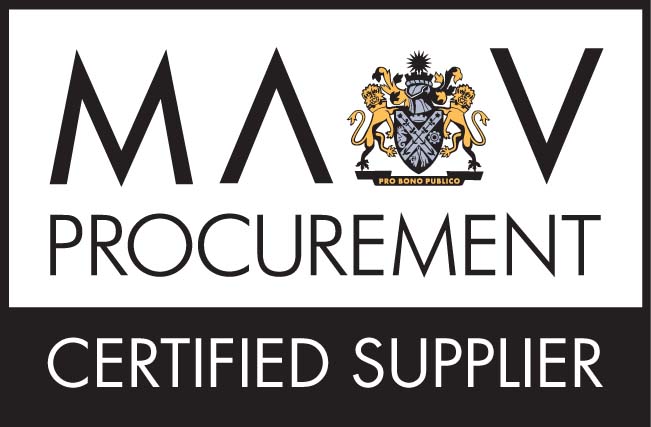Quick Quote
Archives
- November 2023
- October 2023
- September 2023
- August 2023
- July 2023
- June 2023
- May 2023
- April 2023
- March 2023
- February 2023
- January 2023
- December 2022
- November 2022
- October 2022
- September 2022
- August 2022
- July 2022
- June 2022
- May 2022
- April 2022
- March 2022
- February 2022
- January 2022
- December 2021
- November 2021
- October 2021
- September 2021
- July 2021
- June 2021
- April 2021
- March 2021
- February 2021
- December 2020
- October 2020
- August 2020
- July 2020
- June 2020
- May 2020
- April 2020
- March 2020
- February 2020
- January 2020
- November 2019
- October 2019
- September 2019
- August 2019
- July 2019
- June 2019
- May 2019
- April 2019
- March 2019
- February 2019
- January 2019
- December 2018
- November 2018
- October 2018
- September 2018
- August 2018
- July 2018
- June 2018
- May 2018
- April 2018
- March 2018
- February 2018
- January 2018
- December 2017
- November 2017
- October 2017
- September 2017
- August 2017
- July 2017
- June 2017
- May 2017
- April 2017
- March 2017
- February 2017
- January 2017
- December 2016
- November 2016
- October 2016
- September 2016
- August 2016
- July 2016
- June 2016
- May 2016
- April 2016
- March 2016
- February 2016
- January 2016
- December 2015
- November 2015
- October 2015
- September 2015
- August 2015
- July 2015
- June 2015
- May 2015
- April 2015
- March 2015
- February 2015
- January 2015
- December 2014
- November 2014
- October 2014
- August 2014
- July 2014
- June 2014
Common Usage of Technical Translations
Technical translations break down language barriers for industries that wish to gain from the globalized age. A lot of technical information is often challenging to translate but there is no allowance made for translation mistakes particularly when instructions, safety warnings, and key documentation need to be translated. All industries need technical translations at some level to provide crucial information that needs to cross language barriers. For example, in manufacturing industries, an international company often requires training material to be translated as well as safety instructions and operating procedures for the staff who are involved in building their products in an international context. Also, any company that provides their manufacturers with the tools of the trade also must translate both safety instructions and user manuals for use by these employees. Corporate companies are not the only ones that require translations other committed global organizations like the World Health Organisation (WHO) need technical translations as well. It needs health and pandemic information and data translated into all global languages. The following list describes the technical documents that businesses and other organizations may need translating: Because there could be legal implications if translation mistakes are made in documents like an instruction manual for heavy machinery or product patent, technical translations are highly specialist so those seeking a translation service should always use a language service provider which has proof available that it translators have experience in the field of technical translations. As can be seen, technical translations cover different types of industries. In so many cases, technical documents often include highly specialized terminology and information that needs to be conveyed with a hundred percent accuracy in all languages, including those contexts that could impact the meaning of phrases, words, and concepts. This is why translators with experience and expertise in technical translations are always in demand. For example, if a technical drawing needs to be translated for a team involved in the manufacturing process of a product in a different part of the world, there are frequently clear requirements that need to be followed. A translator is needed who has gained firsthand knowledge of the product such as its design technology, and its individual parts, and is able to translate accurately into the required language. Not only are these required but a translator is also required to have knowledge of the file formats and programs that have been used to create technical drawings. If a medical study needs to be translated translators are required who have accumulated specialist knowledge in the medical field and also the specialized research area. Technical translations allow global industries the opportunity to share vital information, but the accuracy of the translations needs to be perfect to avoid any misunderstandings arising from the translations. There are serious consequences if translation mistakes occur and misinterpretations take place. For example, pharmacies asking for a description of a new drug including instructions for its use and any potential side effects may face a dire situation if translations are inaccurate. In conclusion, when technical information needs to be translated, the translators will need to be subject knowledge specialists who can deliver confidently accurate translations in a reasonable period of time. The client needs to be satisfied that the translations are accurate and appear as though they have been written in an original language and are not just translations.What are technical translations used for in the world today?
What you need from a technical translation service
Translation mistakes are not tolerated in technical translations
Post navigation
← Previous Next →
Related Posts

Top Ten Tips for the Best Technical Writing
November 7, 2022
The best technical writing is difficult to find as most technical writing is likely to..
View More







Leave a Reply